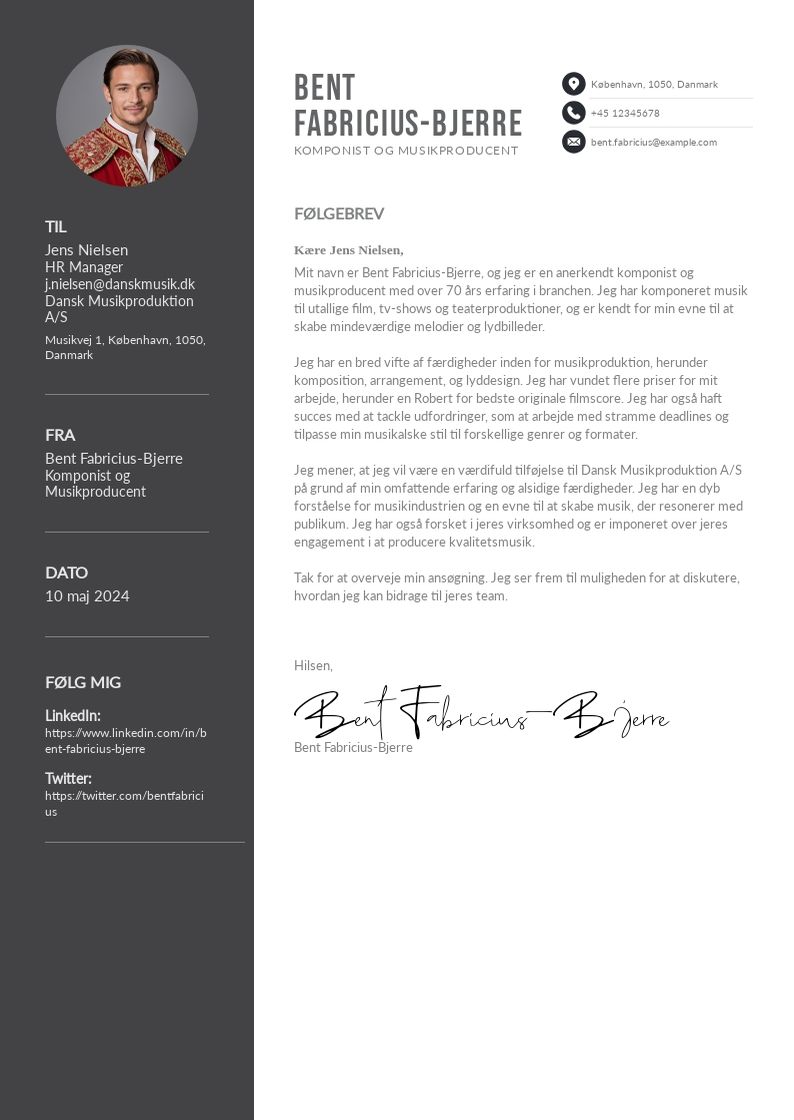
Are you in the market for a new job and looking for a way to stand out from the competition? One effective tool you can use is a generic cover letter.
In this comprehensive guide, we’ll walk you through everything you need to know about creating and using a generic cover letter to boost your job search success.
What is a Generic Cover Letter?
A generic cover letter is a pre-written document that you can customize and use for multiple job applications. Unlike a tailored cover letter, which is specifically written for a particular job opening, a generic cover letter is more general in nature and can be easily adapted to different positions.
When you don’t have the time to craft a unique cover letter for each job application, a generic cover letter can be a time-saving solution. It allows you to quickly apply for multiple jobs without starting from scratch each time.
Benefits of Using a Generic Cover Letter
– Saves time: Instead of writing a new cover letter for each job application, you can simply customize your generic cover letter.
– Consistent message: A generic cover letter ensures that you convey the same message to each potential employer.
– Flexibility: You can easily tweak your generic cover letter to match the requirements of different job postings.
When to Use a Generic Cover Letter?
– When applying to multiple jobs within the same industry.
– When you’re short on time and need to send out applications quickly.
– When the job posting doesn’t require a highly customized cover letter.
How to Create a Generic Cover Letter
Creating a generic cover letter is easy. Follow these steps to craft a cover letter template that you can use for multiple job applications:
1. Start with a strong opening paragraph that introduces yourself and explains why you’re interested in the job.
2. Highlight your key skills and experiences that make you a strong candidate for the position.
3. Customize the body of the cover letter to match the specific requirements of each job posting.
4. Conclude with a call to action, expressing your interest in further discussing your qualifications in an interview.
1. Crafting an Attention-Grabbing Opening Paragraph
Your opening paragraph is your chance to make a strong first impression on potential employers. Start by addressing the hiring manager by name (if known) and briefly introducing yourself. Mention where you found the job posting and why you’re excited about the opportunity.
2. Showcasing Your Skills and Experiences
In the body of your cover letter, highlight your relevant skills and experiences that make you a great fit for the job. Use specific examples to demonstrate your qualifications and show how your past accomplishments align with the requirements of the job.
3. Personalizing Your Cover Letter for Each Job Posting
While a generic cover letter is meant to be versatile, it’s important to customize it for each job application. Take the time to research the company and tailor your cover letter to match the specific requirements of the job posting. Mention any relevant achievements or experiences that make you a standout candidate for that particular position.
Examples of Generic Cover Letters
To help you get started, here are a few examples of generic cover letters that you can use as templates for your own job applications:
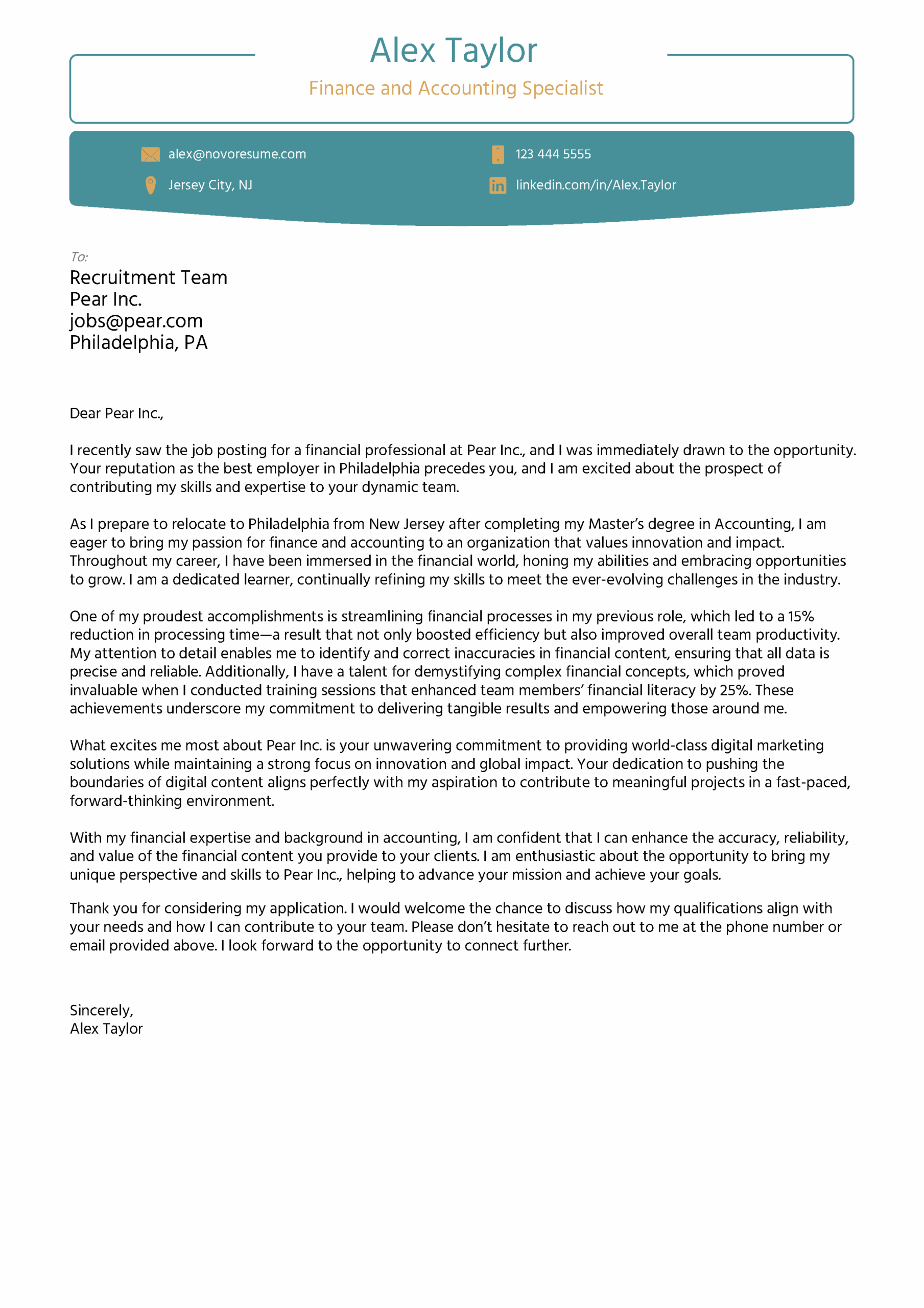
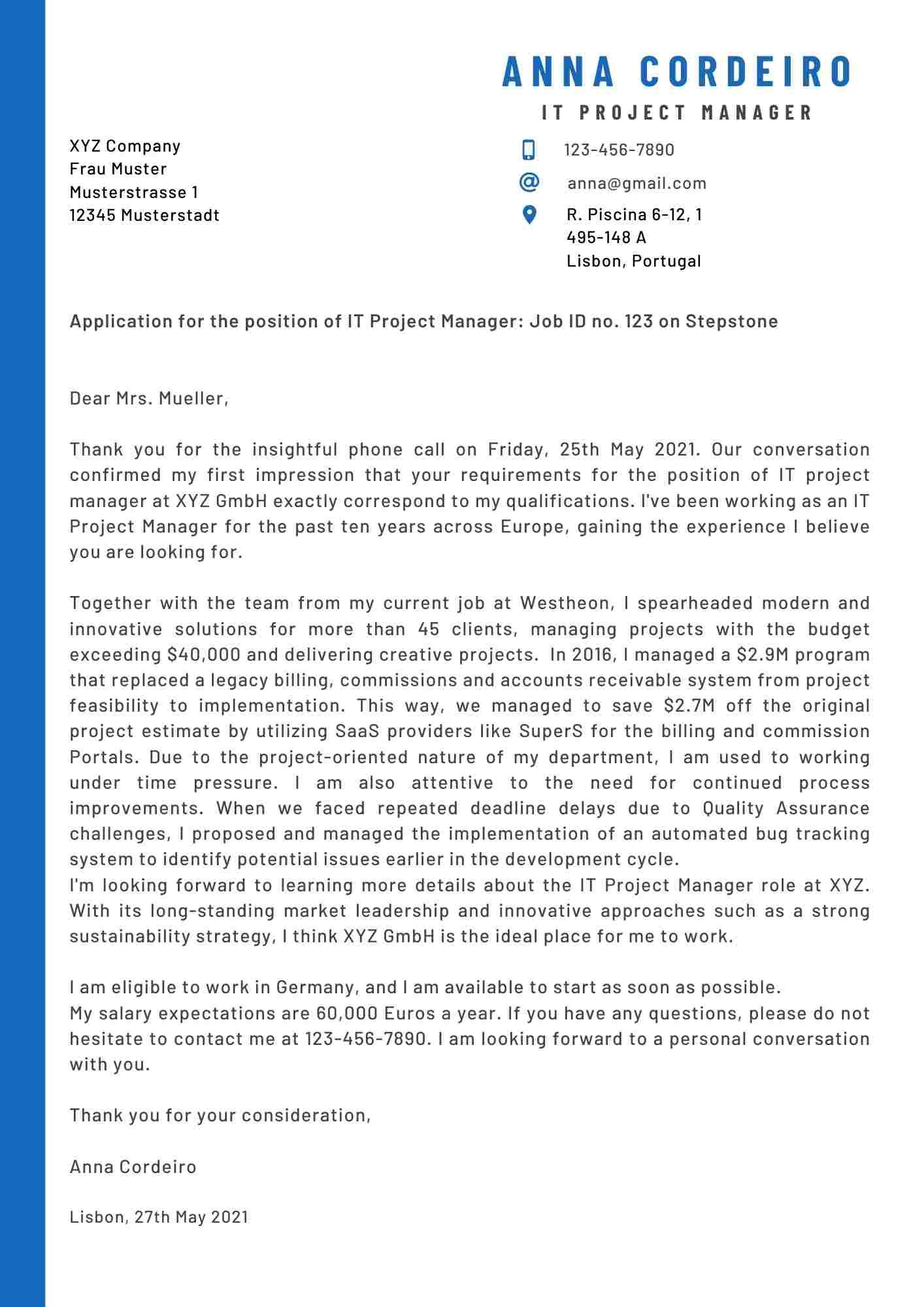
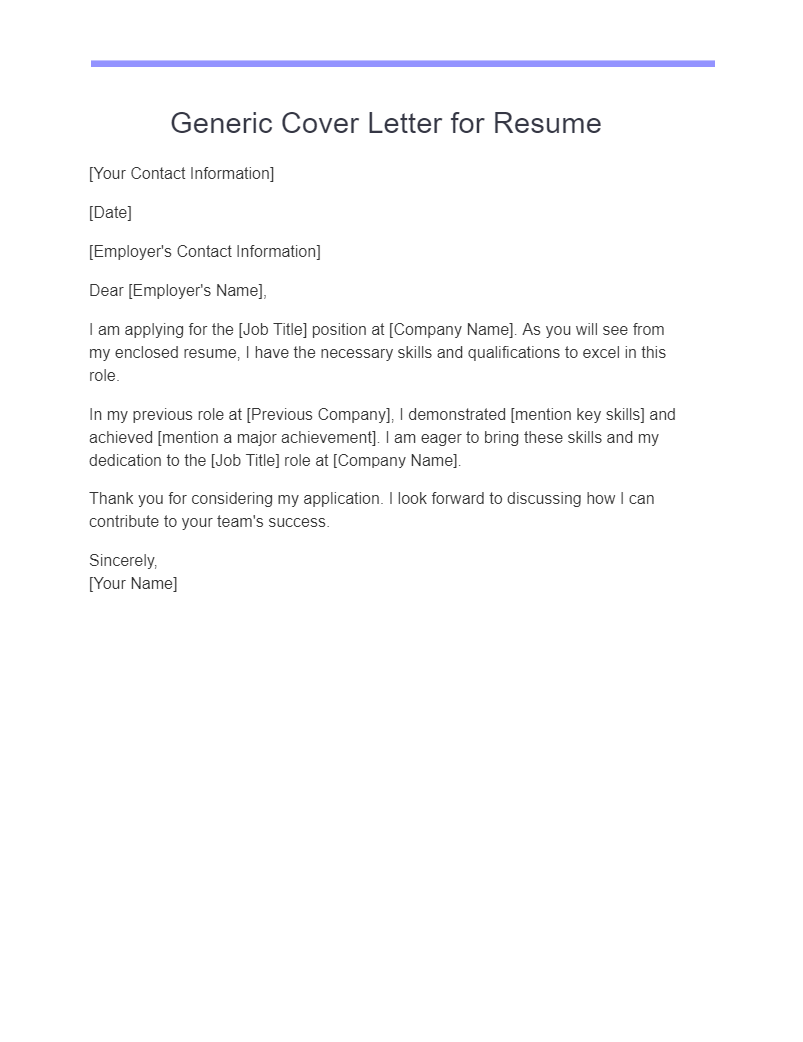
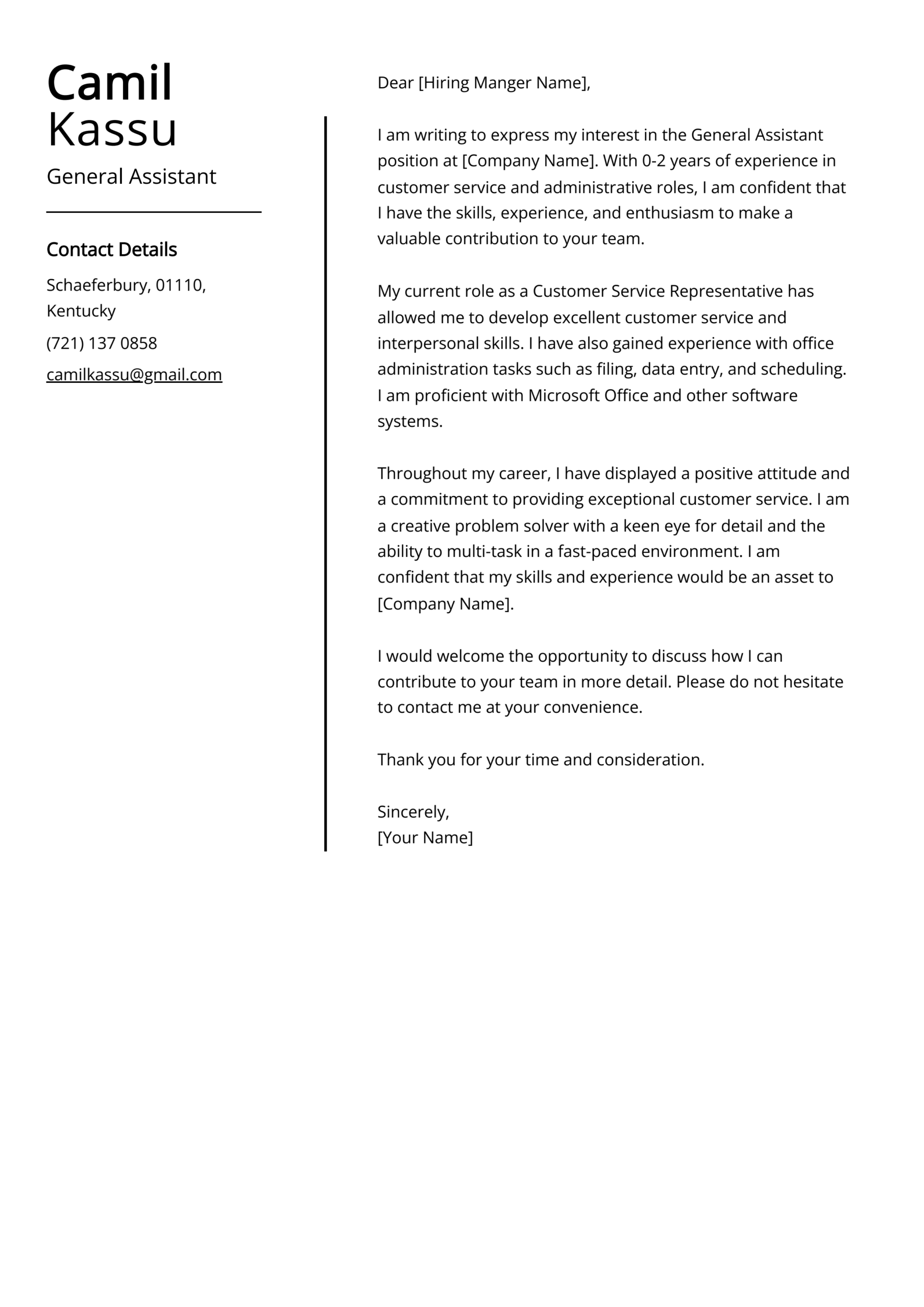
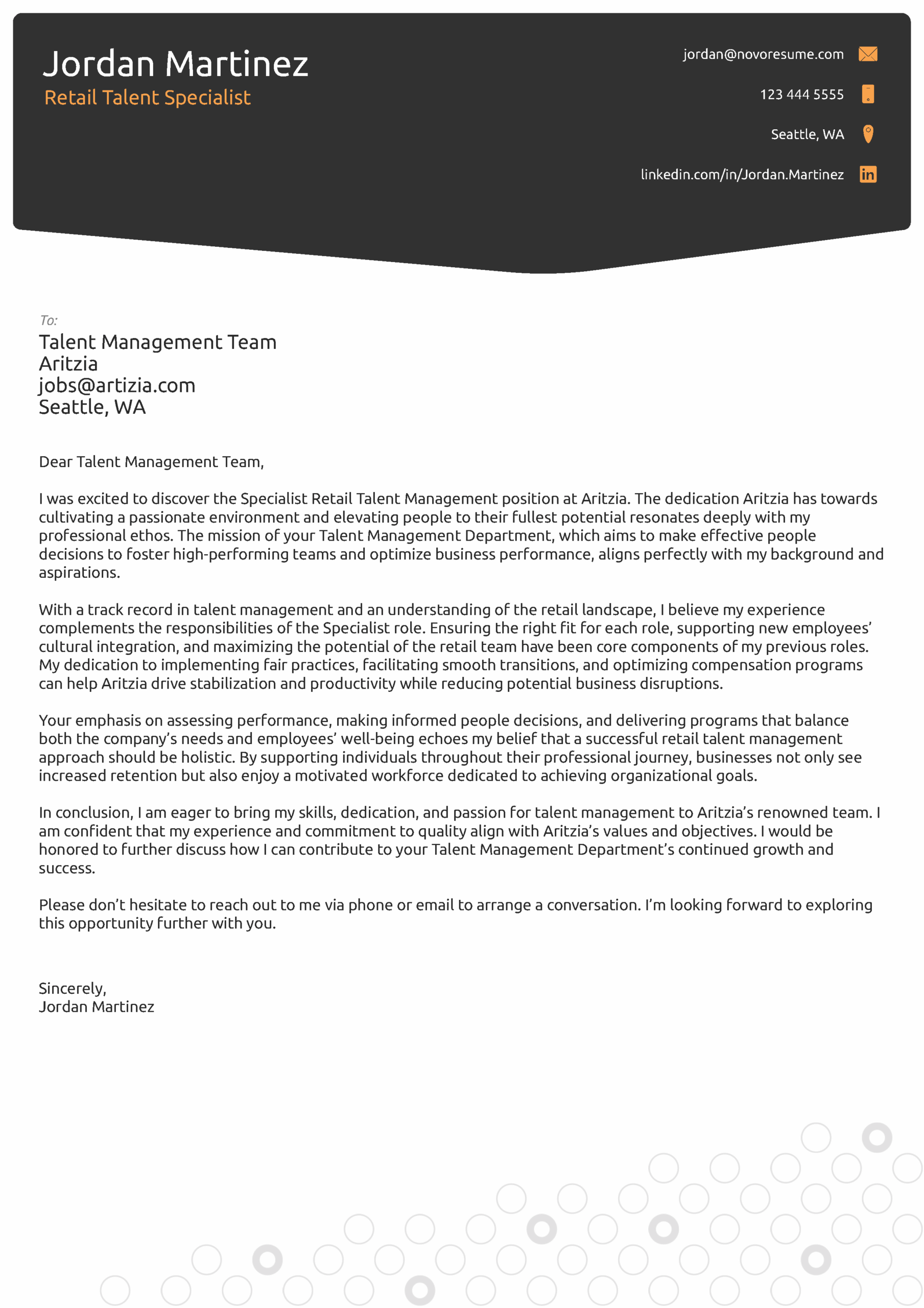

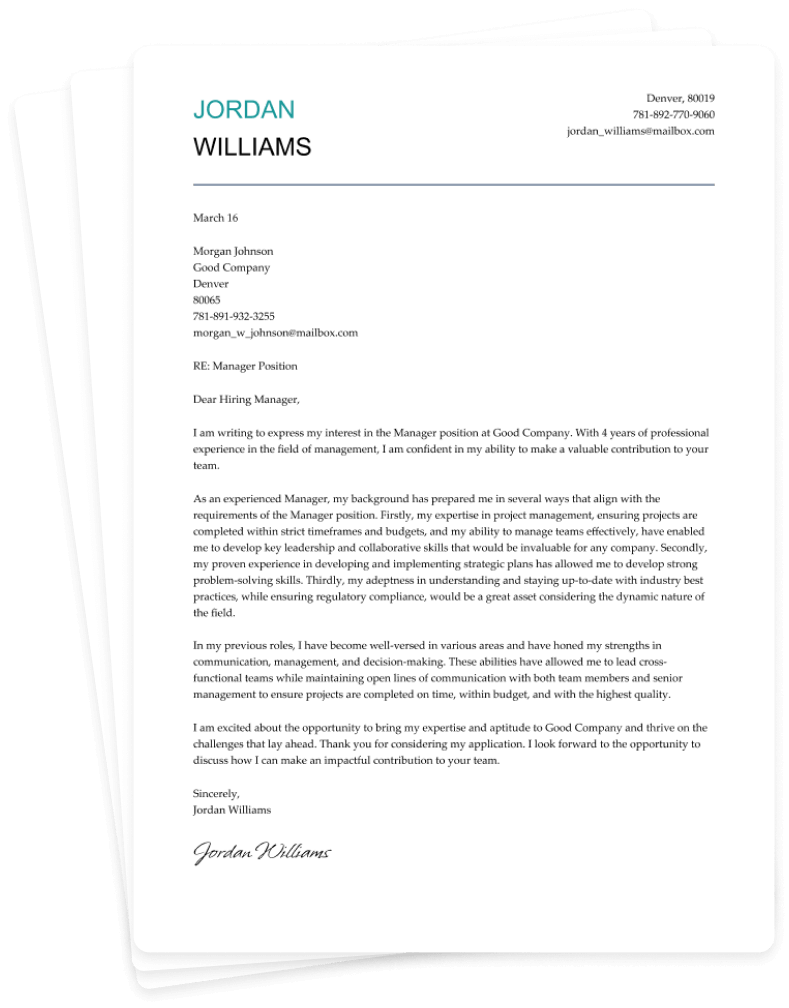
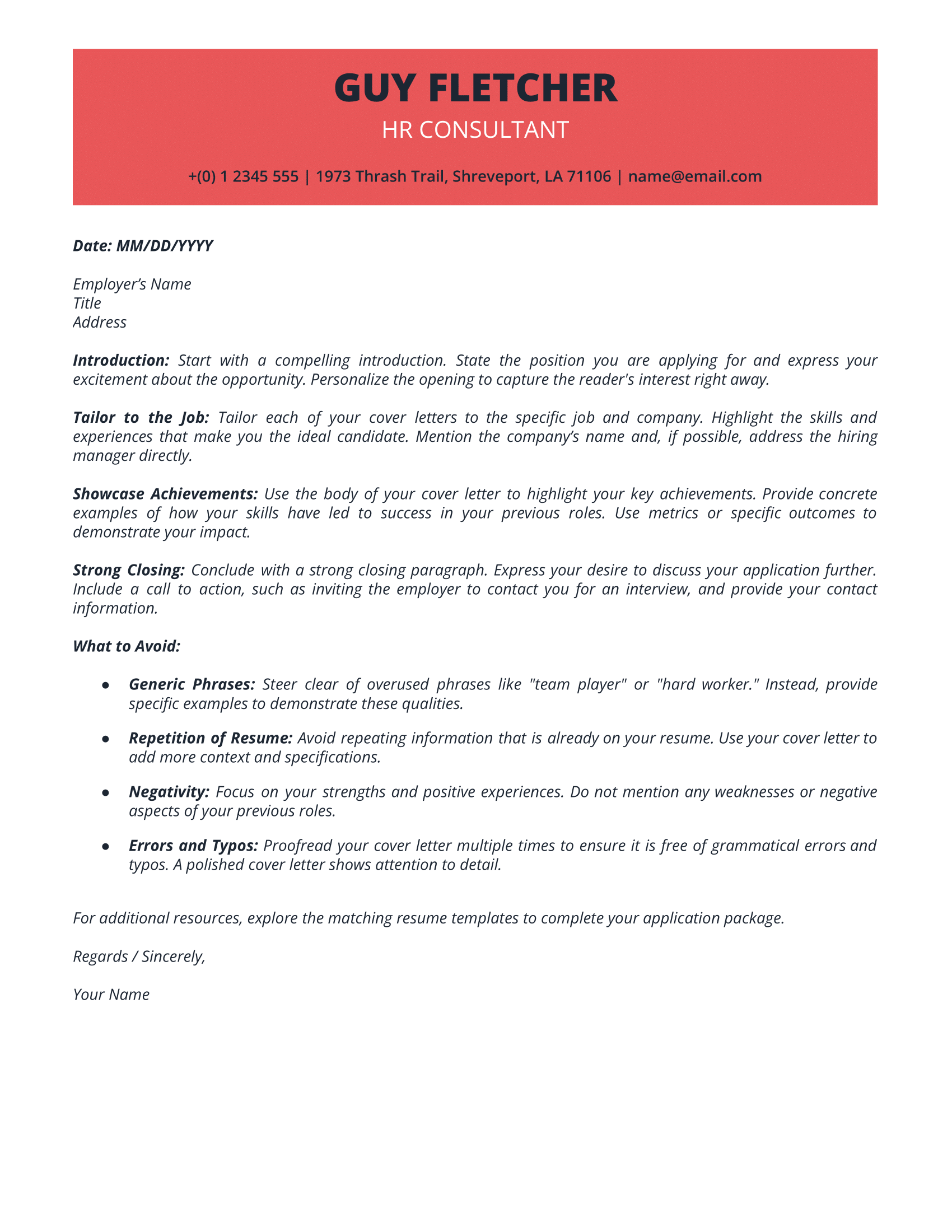
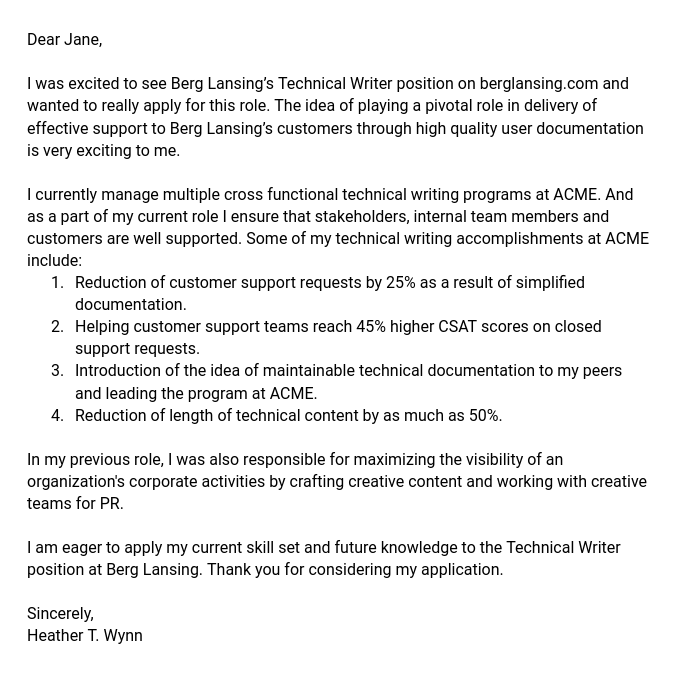
Tips for Successful Generic Cover Letters
– Tailor your cover letter template to match the specific requirements of each job posting.
– Use keywords and phrases from the job description to make your cover letter more relevant.
– Keep your cover letter concise and to the point, focusing on your most relevant qualifications.
– Proofread your cover letter carefully to avoid any typos or grammatical errors.
– Follow up on your job applications with a personalized email or phone call to express your continued interest in the position.
In conclusion, a generic cover letter can be a valuable tool in your job search arsenal. By following the tips and examples provided in this guide, you can create a compelling cover letter template that will help you stand out to potential employers. Good luck with your job search!